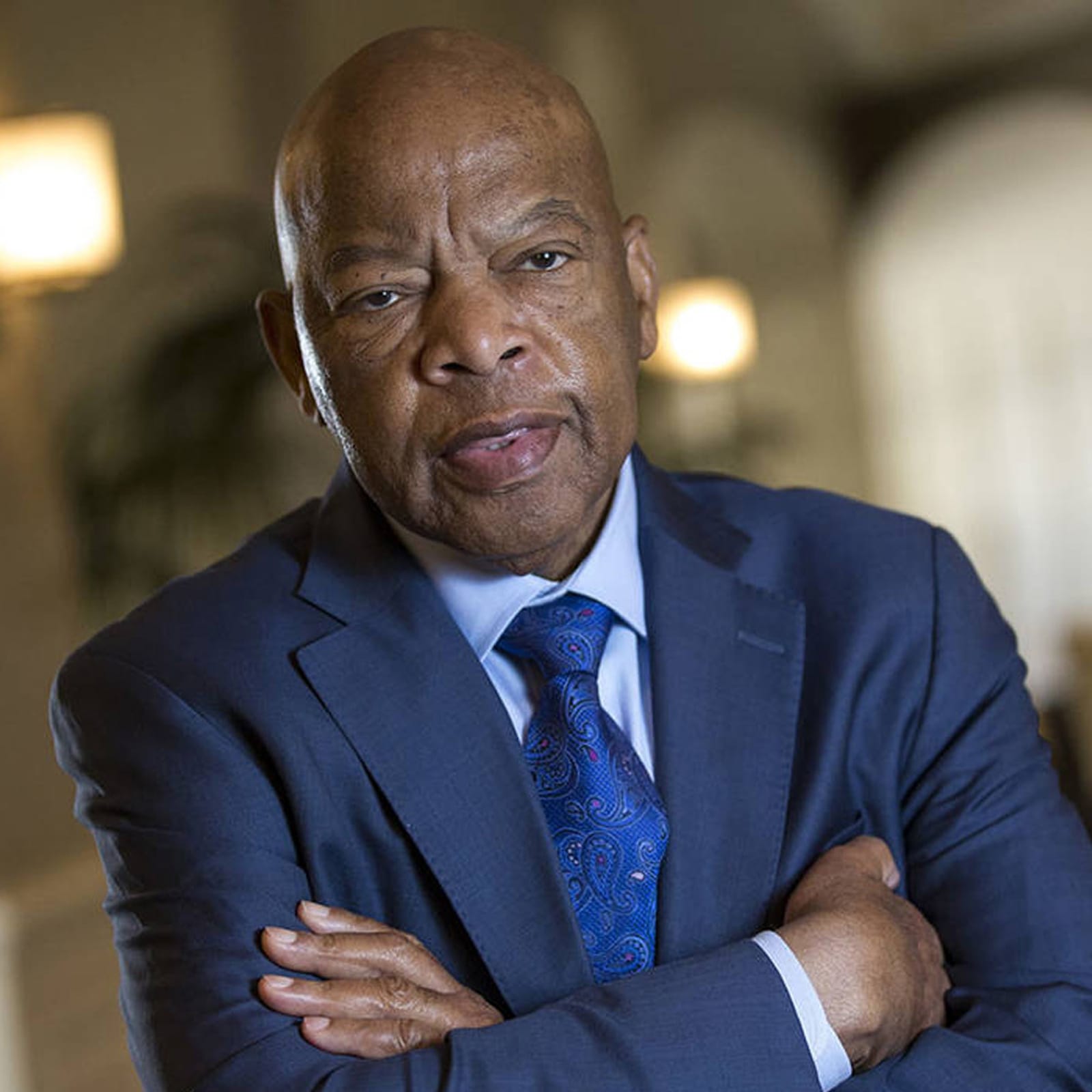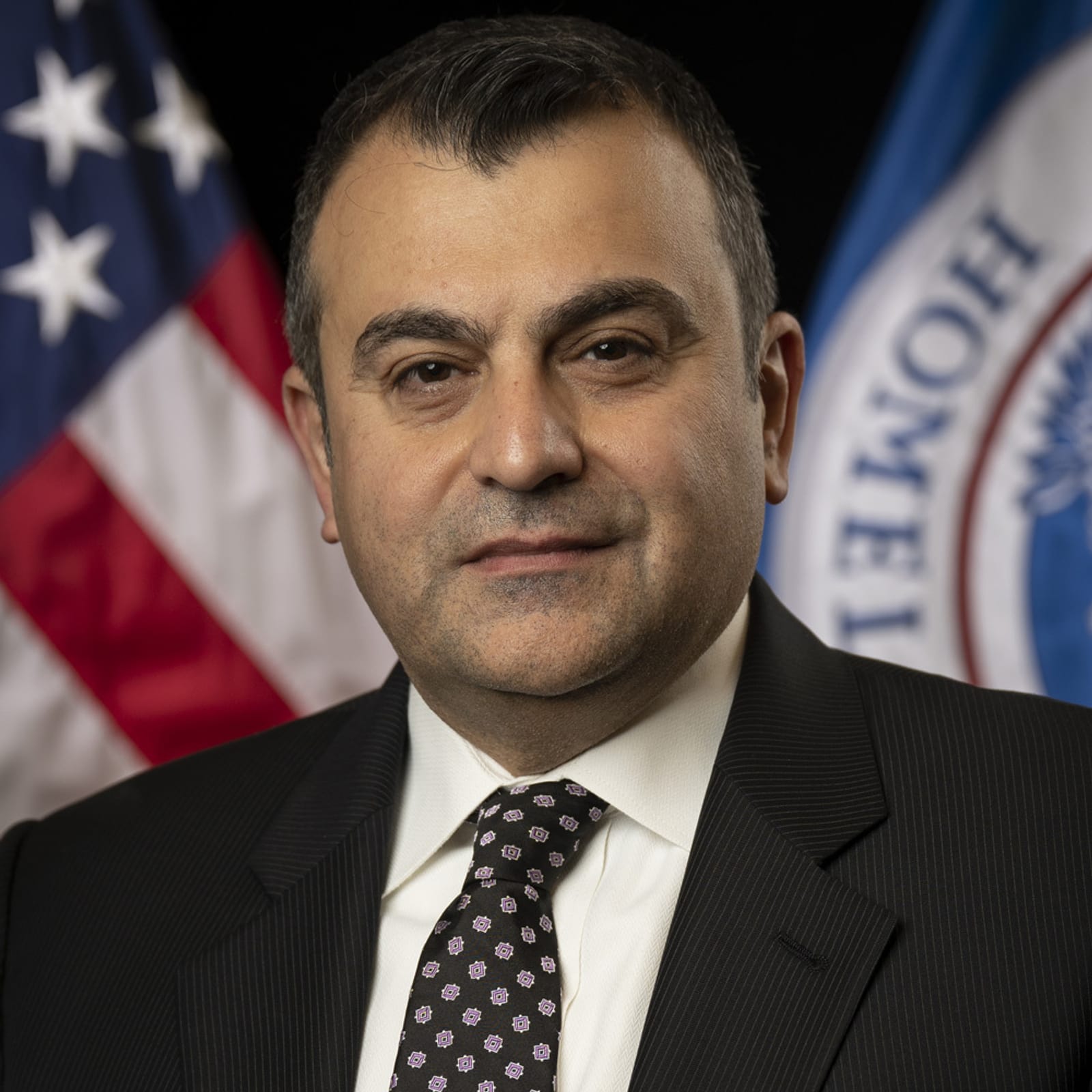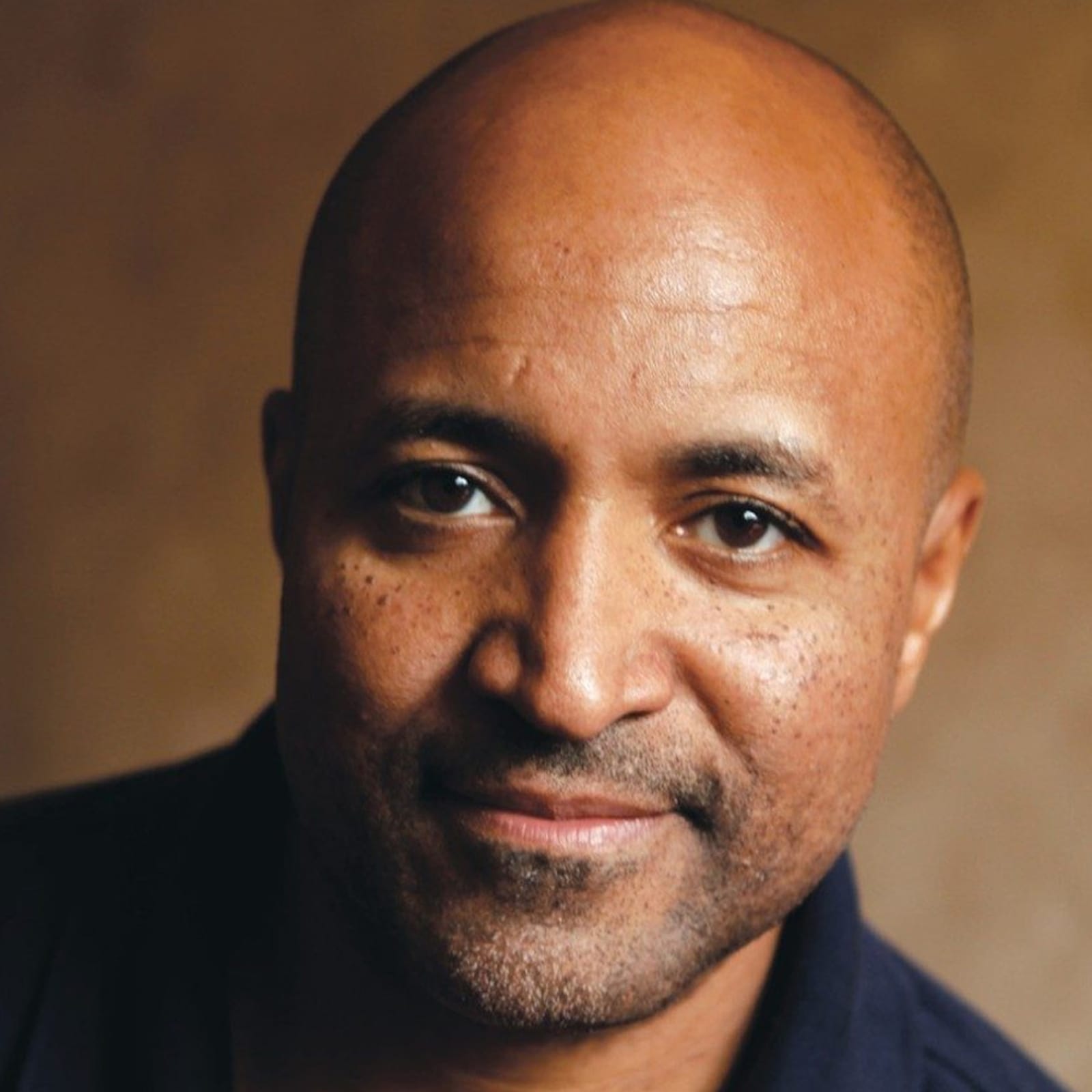
- Truth-Telling Prize Recipient, 2012
Lt. Col. Daniel Davis is the recipient of the 2012 Ridenhour Prize for Truth-Telling for bravely speaking out against senior military leadership and their deceptive portrayal of the war in Afghanistan. To date, he is the only active duty serviceperson to have detailed the gross discrepancies between the reality on the ground in Afghanistan and the message of progress that is communicated to the US Congress and the American people.
It was during Davis’s second, year-long deployment, from November 2010 to October 2011, that the seventeen-year army veteran came to the realization that the United States was not achieving the success in Afghanistan that American military leaders had long maintained. As the senior representative of the Army’s Rapid Equipping Force, he was charged, in his own words, with “assessing identified material shortfalls and connecting the troops with the equipment they needed to fulfill their mission.” Davis’s job meant that he had to travel extensively throughout the country, speaking with troops, Afghan villagers, village elders, and security officials. Everywhere he heard the same story: unofficial alliances between Afghan security forces and the insurgency; the incapability of the Afghan government to provide services for their people; and the near impossibility of pacifying the provinces.
His observations contrasted dramatically with the story that was being told to the American people. In March 2011, for example, General David H. Petraeus, then commander of troops in Afghanistan, testified before the Senate that that the Taliban’s momentum had been “arrested in much of the country” and that progress was “significant.”
Upon his return home in January 2012, Davis wrote two reports, one classified — which he submitted to members of Congress — and the other unclassified. Both detailed the difference between the reality and the “rosy official statements” by US leaders. The 86-page unclassified report, available online, opened with the following statement:
Senior ranking U.S. military leaders have so distorted the truth when communicating with the U.S. Congress and American people in regards to conditions on the ground in Afghanistan that the truth has become unrecognizable. This deception has damaged America’s credibility among both our allies and enemies, severely limiting our ability to reach a political solution to the war in Afghanistan.
Davis relied upon concrete examples, analysis, and data to back up his claims. In one instance he recounted the despair felt by officers who had lost faith in the viability of their mission:
In August, I went on a dismounted patrol with troops in the Panjwai district of Kandahar province. Several troops from the unit had recently been killed in action, one of whom was a very popular and experienced soldier. One of the unit’s senior officers rhetorically asked me, “How do I look these men in the eye and ask them to go out day after day on these missions? What’s harder: How do I look [my soldier’s] wife in the eye when I get back and tell her that her husband died for something meaningful? How do I do that?”
In a separate op-ed for The Armed Forces Journal, published on February 5, 2012, Davis asked the central question that now lies at the heart of this intractable conflict: “How many more men must die in support of a mission that is not succeeding?”
Recent events in Afghanistan serve only to enhance Davis’s picture that the US military and their NATO allies have, in the words of the New Yorker‘s Jon Lee Anderson, “not only outlived their welcome in Afghanistan but also passed the point at which their presence is anything other than toxic. ” From the January footage showing Marines urinating on the corpses of dead Afghans; to the burning of Korans on an American military base in March; to the terrible massacre of sixteen civilians — including nine children — by a US sergeant in Panjwai province in the same month, it is increasingly clear that the situation in Afghanistan is unsustainable.
“When it comes to deciding what matters are worth plunging our nation into war and which are not, our senior leaders owe it to the nation and to the uniformed members to be candid — graphically, if necessary — in telling them what’s at stake and how expensive potential success is likely to be,” wrote Davis in his Armed Forces Journal op-ed. “Likewise when having to decide whether to continue a war, alter its aims or to close off a campaign that cannot be won at an acceptable price, our senior leaders have an obligation to tell Congress and American people the unvarnished truth and let the people decide what course of action to choose. That is the very essence of civilian control of the military. The American people deserve better than what they’ve gotten from their senior uniformed leaders over the last number of years. Simply telling the truth would be a good start.”
More 2012 Prize Winners
One Bold Move, Countless Lives: Empowering Humanity, Changing the World.



